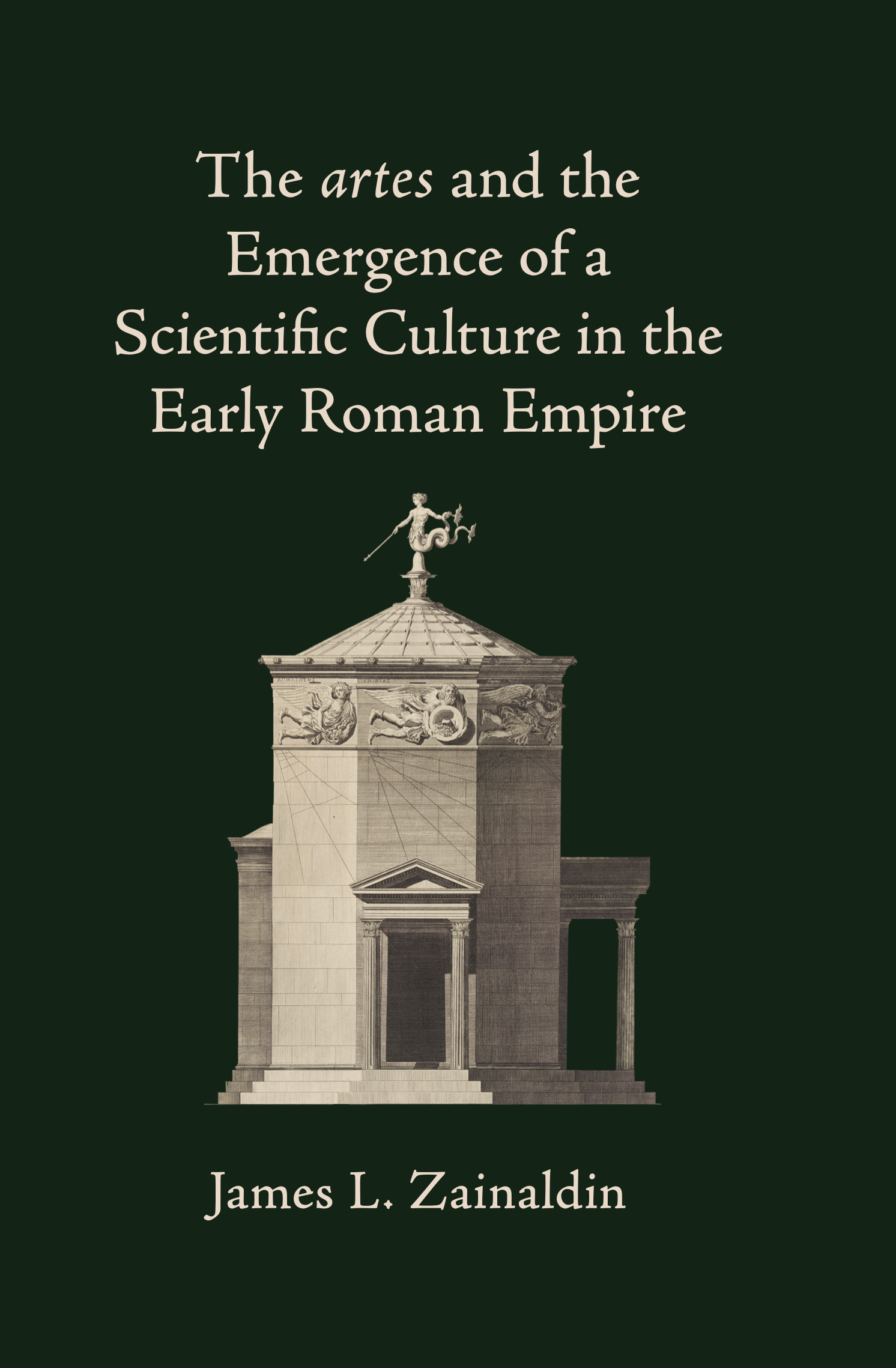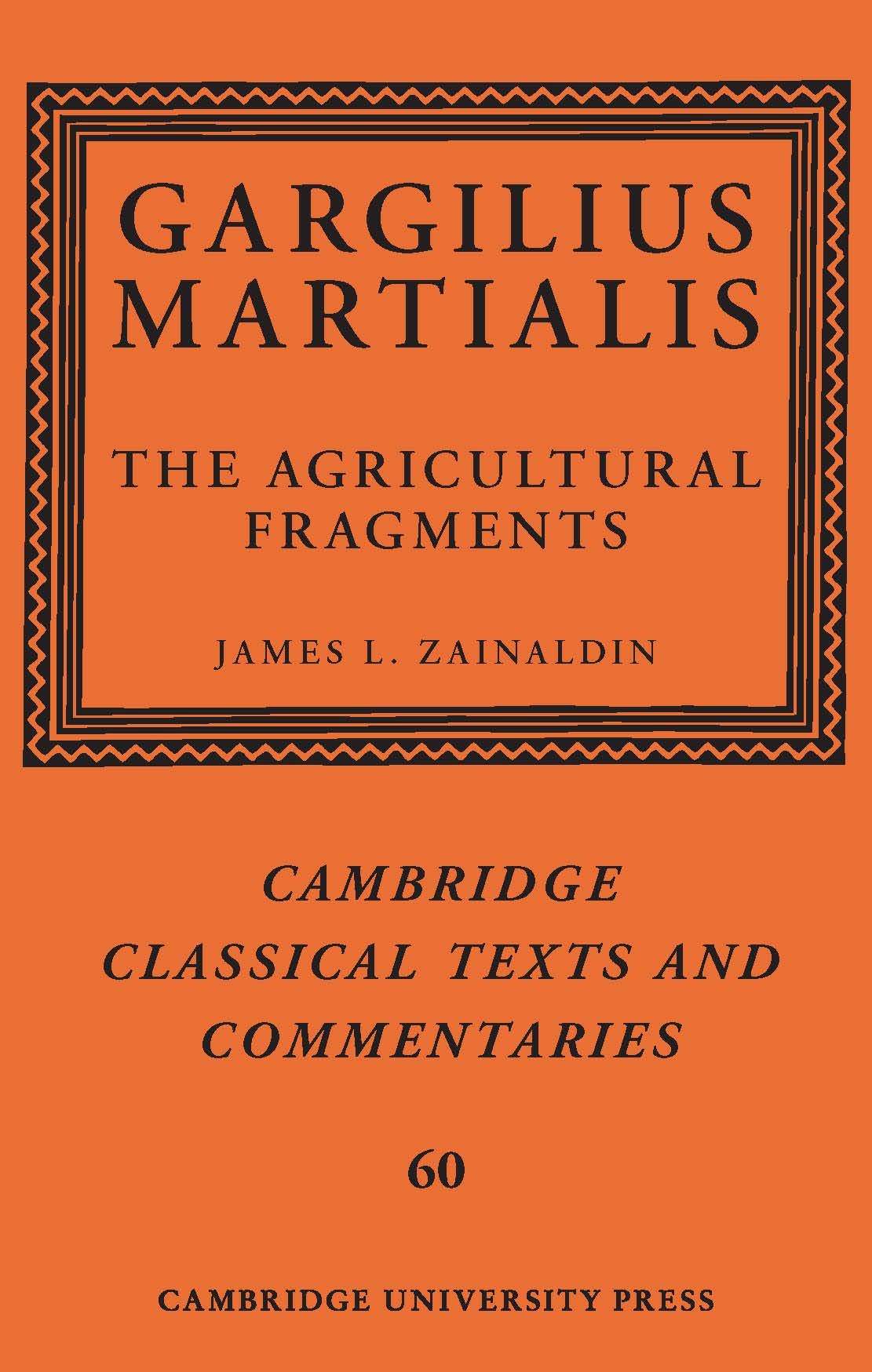Books
– 2025 –
Publisher’s book description: This book offers the first full-scale, synthetic account of the Latin technical treatises called artes, arguing that their flourishing in the early Roman Empire represents the emergence and development of a uniquely Roman scientific culture. It introduces the Roman artes on architecture, agriculture, land-surveying, medicine, and the art of war to those without specialist knowledge of the disciplines and advances a new argument for their significance vis-à-vis a common intellectual culture. It unpacks the socio-political, literary, and especially philosophical and scientific dimensions of these writings. It characterizes the scientific culture which the artes constitute and traces significant themes in their construction of disciplinary expertise, examining the effects of the tension between theory and practice as well as their systematic, explanatory, and interdisciplinary presentation of specialized knowledge. In presenting a novel interpretation of the artes, this book aims to add a new chapter to the history of science in Greco-Roman antiquity.
– 2020 –
Gargilius Martialis: The Agricultural Fragments
Cambridge University Press: Cambridge Classical Texts and Commentaries 60
Publisher’s book description: In the third century CE, the North African polymath, soldier, and provincial official Q. Gargilius Martialis (died 260) wrote a treatise on the cultivation and medical use of fruits, vegetables, and herbs. The agricultural part of this work survives in a fragmentary state in a single manuscript. Despite this impediment, the agricultural writings are noteworthy for the clear marks both of their meticulous research and of the application of independent judgement and experience. Gargilius furthermore presents his advice in a stylized and literary form that strives for elegance through the use of prose rhythm, rhetorical variatio, and figurative language. The fragments will be valuable for those interested in ancient agriculture, in Greco-Roman authorship on the technai or artes, and in the history and sociolinguistics of Latin. This volume offers a new edition and the first English translation of Gargilius' agricultural fragments as well as an introduction and full-scale commentary.

